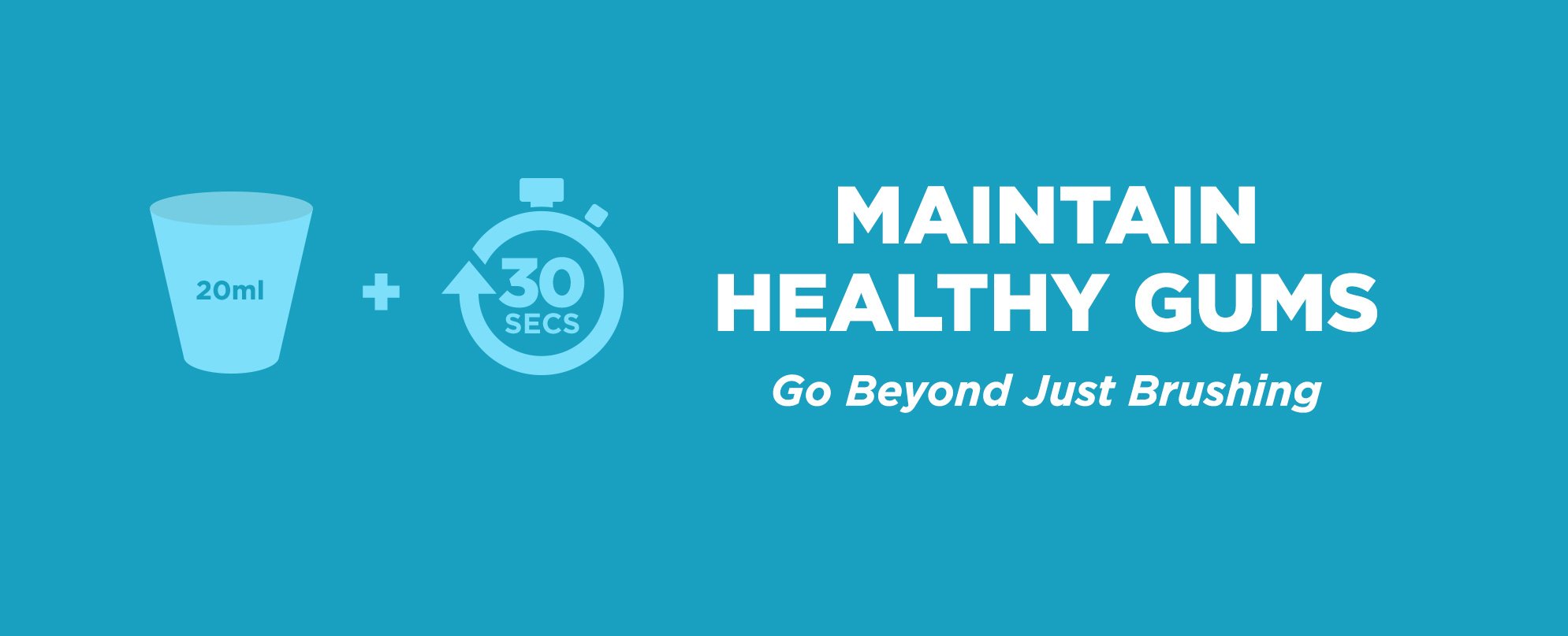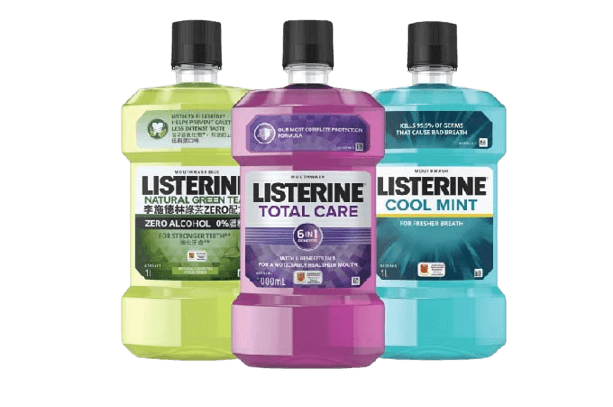Gum problems are typically caused by accumulation of bacteria on gums and teeth. Watch over your gums. If your gums are puffy or you see blood in the sink when you brush your teeth, you may be looking at early signs of gingivitis. If left unchecked, this could turn to periodontitis, a more severe gum problem. Maintain your healthy gums by committing to a daily oral hygiene routine of brushing, flossing and rinsing. Don’t forget to schedule regular visits to your dentist.
1. Give Your Mouth an Improved Routine
Gum problems mainly develops when we’ve slackened on our oral care. In the early stages, simply commit to your oral care routine. Brushing after meals, flossing and swishing with antiseptic mouthwash twice daily can stop gingivitis in its tracks. Also schedule regular dentist checkups, because when plaque develops into tartar, it can only be removed with professional cleanings. Early gum problem is preventable if you swiftly take action.
2. Get a Thorough Cleaning
If sticking to improved oral health routines does not improve your gum problems, you may have a more serious issue where deep, hard-to-reach bacteria pockets have formed around the base of your teeth. A deep cleaning by a dentist or periodontist every 6 months is the best way to rid your mouth of tartar.
3. Pick up Medicated Reinforcements
If problems persist, antibiotics may be prescribed to fully eradicate the infection-causing microorganisms in your mouth, ranging from topical gels you spread into pockets or gaps between gums and teeth to antibiotic swishes.
4. Leave It to the Experts
To treat more advanced forms of gum problems, dentists may recommend one of several types of gum surgery - or even a combination of them - to remove deep pockets and inflammation. Options include flap surgery (where gums are lifted away from the teeth, tartar is removed and gums are sutured back around the teeth); soft-tissue grafts (which replace worn-away gums to cover exposed roots); bone grafts (to replace lost bone with grafts from humans or animals, or even man-made materials); and tissue regeneration (to try to grow back lost bone). These procedures are as complicated as they sound, so you’ll want to avoid them if you can.

Why Mouthwash?
Brushing Teeth Reaches Only 25% Of Your Mouth


